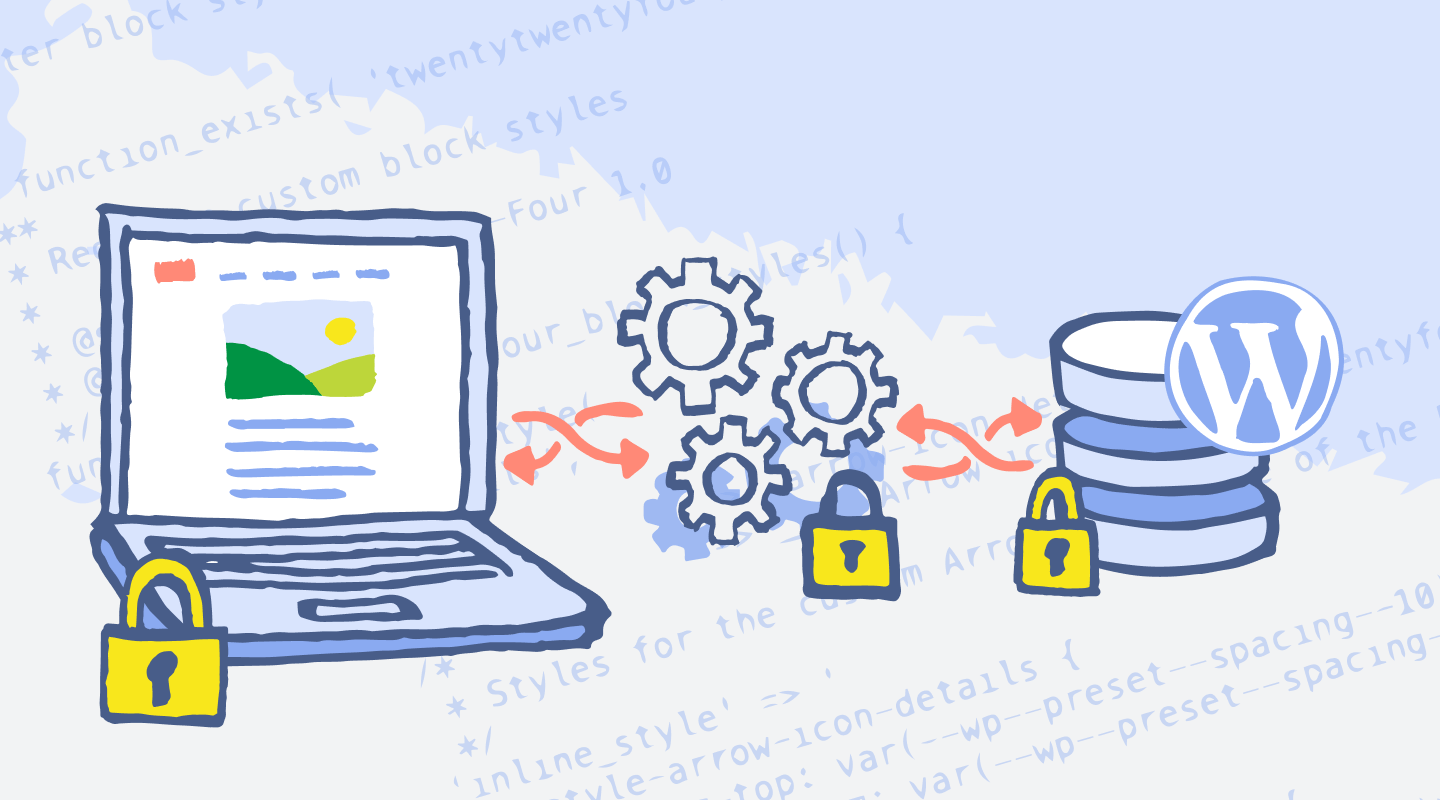
Essential Tips for Choosing the Right Software Company
Understanding Your Project Needs
Choosing the right software company begins with a comprehensive assessment of your project requirements. The foremost step is to clearly identify the objectives you aim to achieve. This may involve specific business goals, such as increasing operational efficiency, enhancing customer experience, or introducing new functionalities to your existing systems. By explicitly defining these objectives, you will provide your potential software partner with a solid framework for understanding what you require from them.
In addition to the objectives, it is crucial to outline the specific functionalities that you need in the software solution. Consider the essential features that will support your objectives, which can include user interfaces, integrations with other systems, or specific data processing capabilities. A well-defined functionality list will not only guide software companies in tailoring their services to your needs but will also facilitate a more accurate assessment of their competency in delivering solutions that align with your vision.
Furthermore, budget constraints are an inevitable factor in your decision-making process, and it is essential to establish a budget range early on. An honest appraisal of your financial limitations will help you communicate your expectations and enable potential software partners to propose solutions that are feasible within your constraints. Remember, a clear budget does not merely restrict options; it also encourages companies to think creatively about delivering value.
Besides the functional and financial aspects, defining the project scope is equally important. This process involves identifying the desired timeline, key milestones, and deliverables. A clearly articulated project scope not only enhances project management but also aids in assessing the compatibility of various software companies, ultimately allowing you to select a partner who is well-equipped to meet your project requirements.
Evaluating Company Expertise and Experience
When selecting a software company, assessing their expertise and experience is paramount to ensuring successful project outcomes. One of the first steps in this evaluation process is to review the company’s portfolio. A robust portfolio not only displays the breadth of projects undertaken but also highlights specific industries the company has worked in. Pay particular attention to the technologies used and the complexity of the projects. This will provide insight into the company’s technical capabilities and their ability to handle different project requirements.
Client testimonials also serve as valuable indicators of a software company’s reliability and expertise. Look for case studies or feedback from previous clients, which can illustrate the company’s track record in delivering projects on time and within budget. Additionally, direct communication with past clients might reveal insights into the company’s collaboration style and problem-solving approach, allowing you to gauge how well they may work with your team.
Industry experience is another critical factor. A company that has worked in your specific sector may possess unique insights and solutions relevant to your needs. Inquire about their familiarity with industry regulations, standards, and challenges. This knowledge can significantly enhance their ability to create software that meets your requirements effectively.
Further, during initial meetings, asking the right questions is essential. Inquire about the technical skills of their team members, including the development technologies and methodologies they employ. Understanding their project management approaches and how they align with your work style is vital. Additionally, be wary of red flags, such as a lack of transparency regarding past projects or over-promising on delivery times. All these factors combine to provide a comprehensive view of a software company’s expertise and can help you make a well-informed decision.
Assessing Communication and Collaboration Styles
Effective communication and collaboration are paramount in ensuring the success of any software development project. The ability to convey ideas, share feedback, and address concerns promptly can significantly impact the progression and quality of the final product. Therefore, it is essential for potential clients to assess the communication and collaboration styles of the software companies they are considering.
When evaluating a software company, one should begin by examining their approach to communication. Different firms may utilize various channels such as emails, instant messaging, or video conferencing to interact with clients. A company that demonstrates flexibility in communication styles often has a better understanding of client needs. Additionally, the emphasis on transparency in communications can be a noteworthy indicator of a company’s reliability. Look for firms that provide clear updates about project progress, challenges, and milestones, as this reflects their commitment to keeping clients informed.
Responsiveness is another crucial aspect to consider. A software company that is prompt in responding to queries or concerns is more likely to establish a supportive working relationship. During the initial discussions, notice how quickly they reply to messages or how thoroughly they engage with your questions. This responsiveness can be an essential factor during the development phase when timely feedback can lead to significant improvements.
Utilizing collaboration tools can further enhance the communication process between clients and software companies. Tools that support project management, such as Trello or Asana, can enable teams to track progress and adhere to deadlines. Additionally, shared platforms like Slack or Microsoft Teams can facilitate real-time discussions, ensuring that everyone involved remains aligned on project objectives. Lastly, setting clear expectations for regular updates and implementing feedback loops can establish a robust framework for successful collaboration, ultimately leading to the completion of a high-quality software product.
Considering Post-Development Support and Scalability
When selecting a software company, it is imperative to take into account the aspects of post-development support and scalability. These elements are crucial for ensuring that the software continues to meet the evolving needs of your business after its initial delivery. Post-development support typically encompasses various services such as maintenance, updates, and troubleshooting. By understanding what kind of support a software company provides post-launch, clients can ensure that their investment is safeguarded against potential challenges and technical difficulties that may arise.
Moreover, it is important to determine how the software company approaches maintenance. Continuous updates are essential not only for security purposes but also for enriching the functionalities of the software. An effective software partner should be transparent about how they handle updates, whether they offer scheduled maintenance, and how they prioritize bugs and issues that may occur. This responsiveness can be a significant advantage in maintaining software efficiency and usability over time.
Another critical aspect is scalability, which refers to the software’s ability to grow and adapt to increasing demands. As businesses evolve and expand, their software must be capable of accommodating new features or increased data loads. Before finalizing your choice, it is prudent to inquire about the software company’s approach to scalable solutions and whether they adopt flexible architectures that allow for easy integration of additional resources.
In addition, considering the type of relationship you wish to establish with the software company can help inform your decision. Long-term partnerships might be advantageous for ongoing projects and consistent support, whereas short-term engagements can be suitable for specific project needs without the obligation of extended collaboration. Ultimately, understanding the post-development support provided and the scalability of the software will lead to more informed decisions and a more stable partnership.







